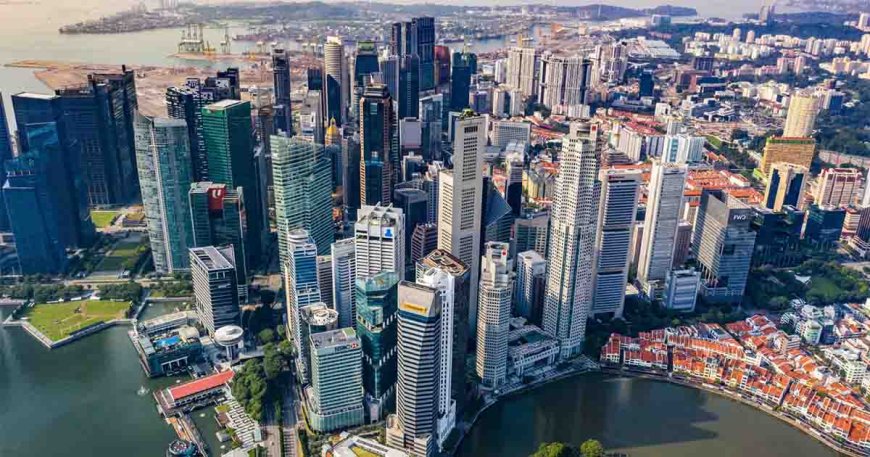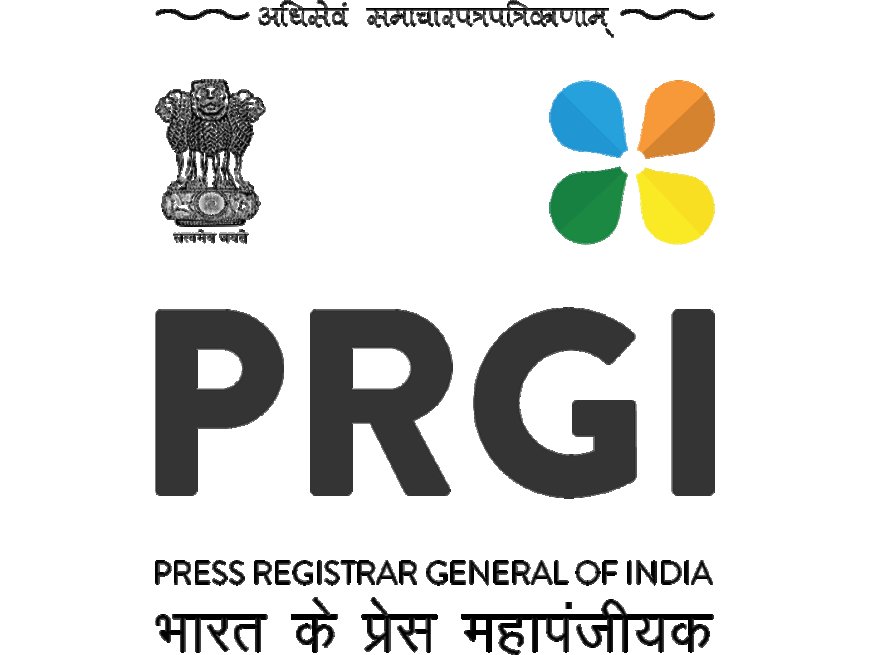Singapore’s Economy Surges 4.4% in Q2 2025, Boosting Full-Year Growth Forecast
Singapore's economy expanded 4.4% year-on-year in Q2 2025, exceeding estimates. The government upgraded its full-year growth forecast to 3.0-4.0%, signaling strong recovery.

Singapore’s economy demonstrated remarkable resilience in the second quarter of 2025, expanding by 4.4% year-on-year, exceeding the government’s initial estimate of 4.3%. This stronger-than-expected growth reflects the city-state’s ongoing recovery from global economic challenges and signals a robust trajectory for the remainder of the year. Consequently, the Singaporean government has revised upward its full-year growth forecast, underscoring confidence in the economy’s momentum.
Q2 2025 Growth: Key Drivers
The Ministry of Trade and Industry (MTI) released the official GDP data for Q2 2025, confirming Singapore’s economy expanded by 4.4% compared to the same period last year. This marks a positive revision from the preliminary estimate of 4.3%, highlighting stronger-than-anticipated performance across several sectors.
Manufacturing and Electronics Lead the Charge
Manufacturing, a cornerstone of Singapore’s economy, registered significant gains. Electronics manufacturing, in particular, saw robust growth driven by rising global demand for semiconductors and advanced technology components. The global tech industry's expansion, fueled by emerging technologies such as artificial intelligence, 5G networks, and electric vehicles, continues to benefit Singapore’s electronics sector.
Pharmaceutical manufacturing also showed resilience, supported by increased production of active pharmaceutical ingredients (APIs) and specialty chemicals. This diversified industrial base helped cushion the economy from external shocks.
Services Sector Expansion
The services sector, accounting for more than two-thirds of Singapore’s GDP, expanded steadily. Finance and insurance services grew on the back of a buoyant global financial market and increased wealth management activities. The information and communications sector also reported healthy growth, boosted by digital transformation efforts and increased demand for cloud computing and cybersecurity services.
Tourism and hospitality, recovering from the pandemic slump, contributed positively as international travel restrictions eased, allowing a rebound in visitor arrivals and hotel occupancy rates.
Upgraded Full-Year Growth Forecast
Following the encouraging Q2 data, the Ministry of Trade and Industry upgraded Singapore’s 2025 GDP growth forecast to a range of 3.0% to 4.0%, up from the earlier projection of 2.5% to 3.5%. This revision reflects confidence that global economic conditions will remain supportive and that Singapore’s economy will continue its upward trajectory, driven by strong external demand and domestic resilience.
Minister for Trade and Industry, Gan Kim Yong, stated, “Singapore’s economy has shown notable strength in the first half of 2025, with key sectors outperforming expectations. We remain vigilant of global uncertainties but are optimistic about sustaining growth in the coming quarters.”
Challenges and Risks Ahead
Despite the positive outlook, Singapore’s economy faces challenges that could temper growth. Global geopolitical tensions, supply chain disruptions, and inflationary pressures remain risks. The potential for tighter monetary policies globally could impact capital flows and investment.
Domestically, labor market constraints and rising wages could affect business costs. The government continues to emphasize innovation, skills development, and productivity enhancement to mitigate these risks.
Government Measures to Sustain Growth
To support continued economic expansion, Singapore’s government has announced several initiatives:
-
Investment in Technology and Innovation: Increased funding for research and development, especially in areas such as advanced manufacturing, clean energy, and digital services.
-
Skills Development: Programs to upskill the workforce and attract global talent to maintain Singapore’s competitive edge.
-
Trade Facilitation: Strengthening trade agreements and supply chain resilience to ensure Singapore remains a key global trading hub.
These efforts align with Singapore’s long-term strategy to transition towards a knowledge-intensive economy capable of weathering external shocks.
Regional and Global Context
Singapore’s economic performance contrasts with slower growth in several major economies this year. The city-state’s strategic location, open trade policies, and diversified economic base have contributed to its resilience.
Economists note that Singapore’s ability to quickly adapt to changing global demand, coupled with its strong fiscal position, underpins its capacity to sustain growth. The International Monetary Fund (IMF) projects Southeast Asia as a region poised for robust growth in 2025, with Singapore playing a central role.
Expert Opinions
Dr. Tan Mei Ling, Senior Economist at the Institute of Southeast Asian Studies, commented, “Singapore’s Q2 growth above expectations reflects both global tailwinds and effective domestic policy. The upgrade in the full-year forecast is well justified, though the government’s cautious stance on risks is prudent.”
Financial analysts also highlight the semiconductor sector’s role as a bellwether for Singapore’s economic health, noting sustained demand for chips and components as a critical driver.
What This Means for Businesses and Investors
The stronger growth outlook has renewed investor confidence in Singapore’s market. Foreign direct investment inflows are expected to increase, particularly in technology, finance, and sustainable infrastructure.
Businesses are encouraged to capitalize on government incentives targeting innovation and digitalization to enhance productivity. The resilient domestic demand and reopening of international markets provide additional growth opportunities.
Conclusion
Singapore’s economy showed robust growth in Q2 2025, surpassing expectations and prompting an upward revision of the full-year forecast. While external and domestic challenges persist, the government’s proactive policies and strategic positioning position Singapore well for sustained economic progress. Investors, businesses, and policymakers will closely watch the coming quarters for continued momentum.











